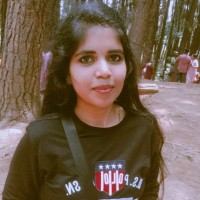
Overview
Electrical & Electronics Engineering broadly involves electricity, electromagnetism and electronics. It is one of the fundamental branches of science and technology on which all other modern branches of engineering have evolved from. Electrical and Electronics engineers work in a variety of fields including power sector, machine design, renewable energy sector, biomedical engineering, aerospace industry, communications industry and information technology.
VISION
To transform the rural student community into internationally competent electrical engineers by providing a venue for resourceful teaching learning process, research and inculcating human values.
MISSION

Teaching Faculty
The pillars of Electrical and Electronics Engineering

Dr. Gayathri A R
Assistant Professor
Dr. Ezhil Vignesh K
Associate Professor
Ms. Sabareesa Priya I
Assistant Professor
Ms. Jasmine J
Assistant Professor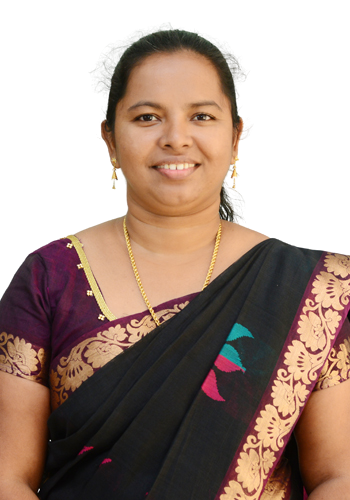
Ms. Shajini Sheeba M E
Assistant Professor
Mr. Milton C
Assistant Professor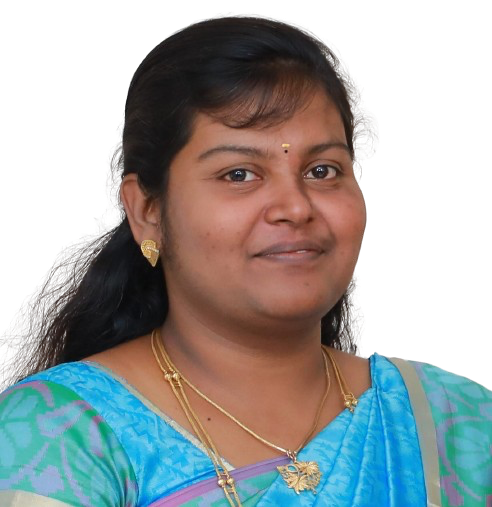
Ms. Annie Steffy Beula A A
Assistant Professor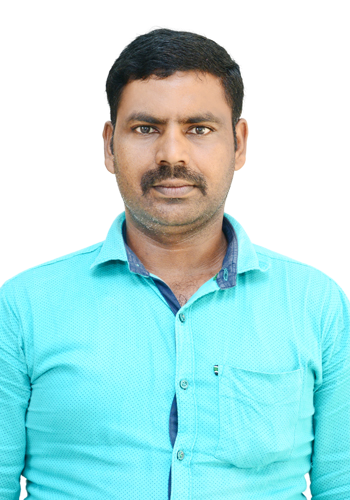
Mr. SUYAMBULINGARAJAN C
Assistant Professor
Mr. Stanly Selva Kumar J
Assistant Professor
Ms. Chithra S
Assistant ProfessorNon-Teaching Faculty
The supporting hands of Electrical and Electronics Engineering
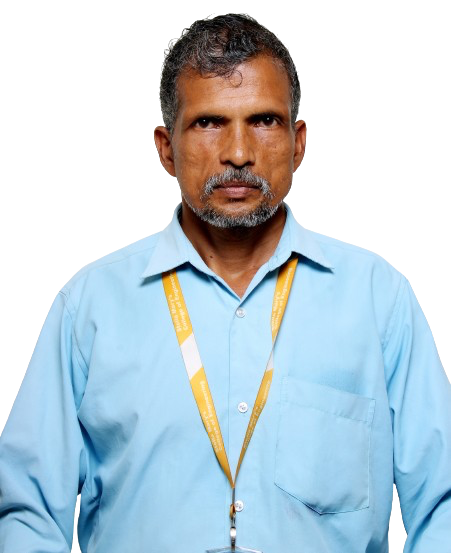
SUBASH K
Laboratory Instructor
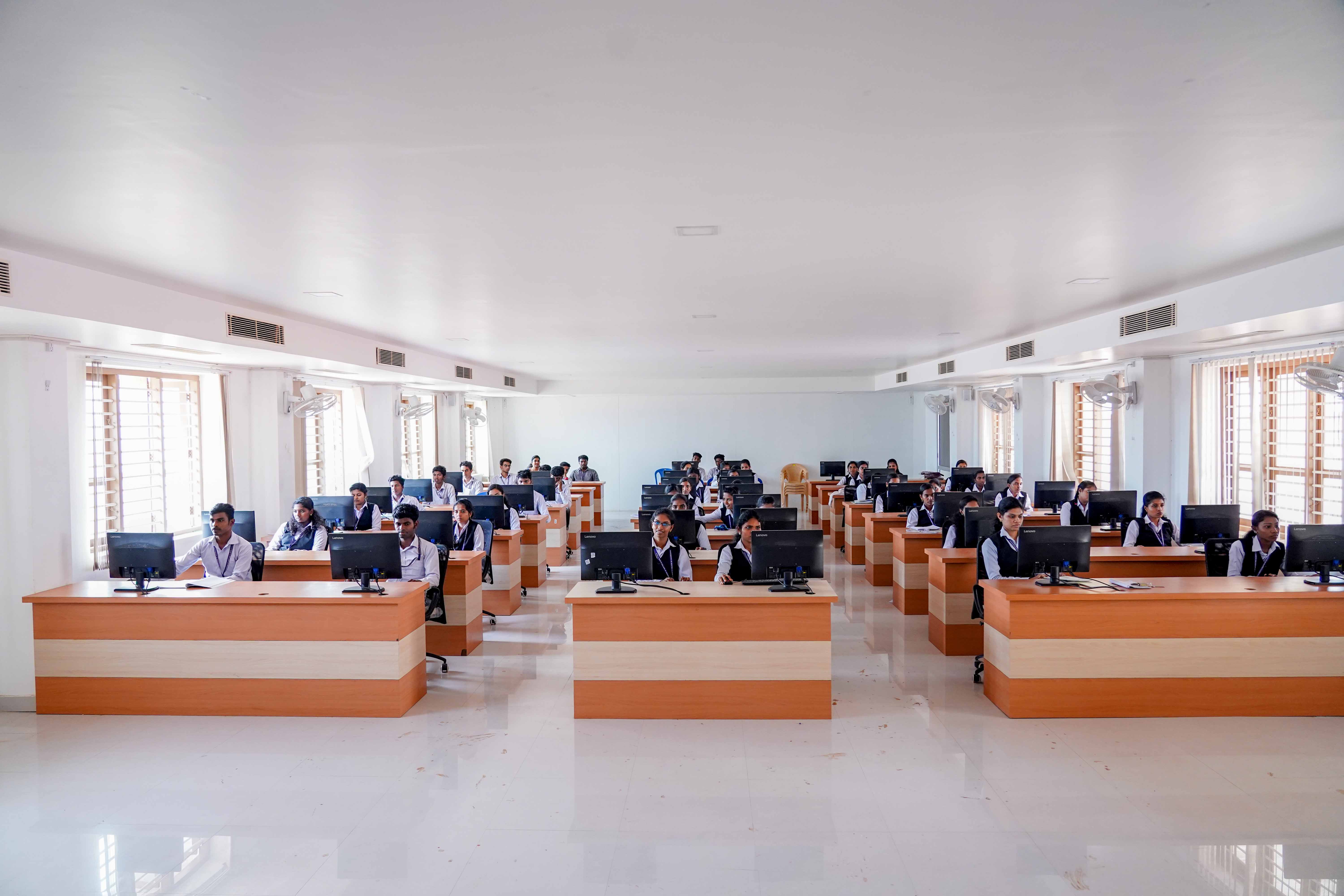







Achievements

Outcome
Programme Outcomes
Program Specfic Outcomes
On completion of Electrical and Electronics Engineering program, the student will have the following Program Specific Outcomes:
Testimonials
Words from our Alumni






